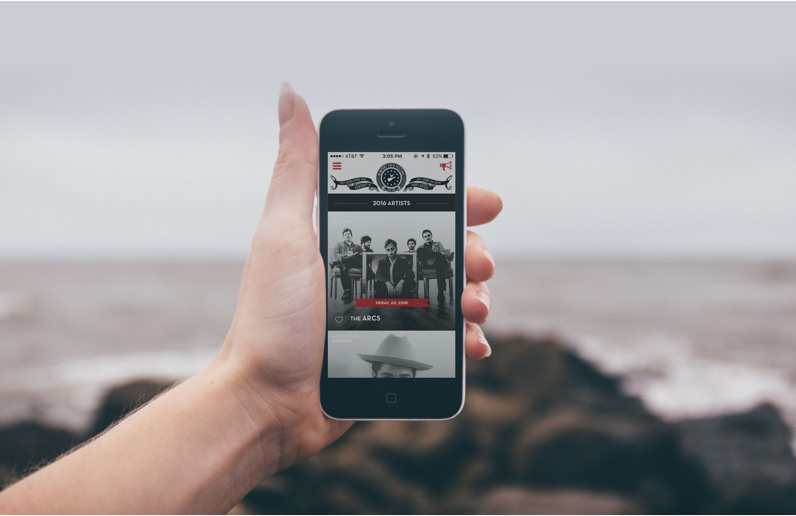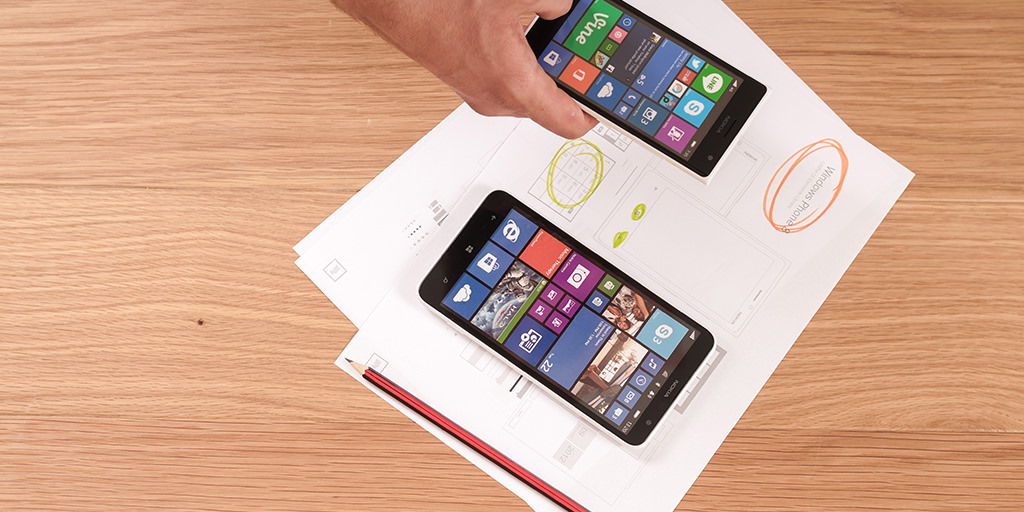It takes a great team to build a great app. Anybody who has ever hired a new employee knows that it’s not easy, especially when you’re hiring for a position that requires skills that you don’t possess. The same is true of hiring a team to build your mobile app. You don’t know how to build an app, so how are you supposed to evaluate a team that is bidding to build one for you?
Where Mobile Projects Go Wrong
The mobile world has matured. There are a growing number of tools available to developers — languages, frameworks, BaaS, etc. But attaining mobile success is harder than ever, as these statistics illustrate.
- 84% of a user’s time is spent in just 5 apps
- 25% of apps are used only once after they’ve been downloaded
- 25% of apps have 100,000+ downloads
- 5% of apps have 1 million+ downloads
The question we have to ask is if apps are easier than ever to develop, why do they so rarely succeed? There is not one single answer to this question. Here are some of the common pitfalls we see:
- Low user attention spans: Apps must consider the dwindling attention of their users in order to capture mobile moments in a sea of distractions.
- Feature creep: Many popular apps are task-based, focused on solving discreet problems in a mobile context. Feature creep can lead to overwhelming users and detracting from the product’s core purpose.
- User on-boarding: Making a good first impression is critical for apps. When onboarding new users, it’s important to not only show them how it works, but also to demonstrate its value.
- Android fragmentation: It can be challenging to build an app that serves audiences across all the Android phones out there, with a wide range of sizes, speeds, software versions, and capabilities.
- App performance: A sluggish app will do very poorly in the hands of users who have become accustomed to quick, snappy mobile experiences. That means responding to user interaction in under 100ms (for an “instantaneous” feel).
- Multiple code-base: Building apps across both Android and iOS can be challenging, as you are maintaining multiple code-bases. In many instances, it’s a full 2x the effort it would have been for building on a single platform. Strong communication and collaboration across team members is essential to keep the projects in sync.
Many of our customers start out by asking, ‘How much will it cost to build our app?’ but it’s the wrong question. We’re not building an app. We’re building a product.
Hiring a Team
It’s not enough to simply exist in the mobile space. You must create mobile products that captivate your customers and keep them coming back. You need to create new features and update the app for new operating systems. But before you can do any of that, you need to start by hiring a great team to build your mobile product.
There will be a lot of app builders vying for your company’s business, and it’s your job to choose the team that will do the best job, keeping in mind the type of app you’re building, the platforms and devices you’re building it for, and the number of people you anticipate will use the app.
Put Research First
In order to create value, you first need to understand your audience and deliver to their needs. To that end, you want to find an app builder who is committed to research-based design. Make sure that your builder’s plan involves interviewing customers before construction about their pain points and how an app can help solve their problems.
While it’s important to get user feedback during the design phase, it’s equally important to continue to get feedback throughout the build phase. Ask prospective builders how they plans to gather feedback from users throughout construction, and how that feedback will impact the build.
- Pro-Tip: You may get user feedback that disproves assumptions you've made about your product. Embrace those insights! It's not wasted time. Better to find out early than after you've launched.
Define Success
How do you define a successful project? By the number of app downloads? By the average amount of time users spend in the app? Or is it something more complicated? The team you hire will need a plan to build your app and an agreed upon metric for measuring whether or not the completed app is a success. Make sure the team explains which Key Performance Indicators they’ll use to measure success, and that their definition of a successful app matches yours.
- Pro-Tip: Try to strike a balance between both short-term and long-term success criteria.
Find the Right Experience
Hiring a team that has built apps in your industry can be helpful, but finding a team that has built apps of a similar class is even more important. Building a controller for a connected device is very different from building a social app, and consumer apps are very different from B2B apps.
Similarly, if you’re building an app for Android devices, don’t hire a team that has only built apps for iOS. The differences between the platforms are quite large all the way down to how the devices handle basic user interactions and functions. In our experience there is less than 10% reuse across platforms and that is primarily in the user stories, requirements and basic design patterns.
Finally, if you’re a startup aspiring towards wide-scale app adoption, make sure the team you hire has experience building apps that can scale. There are lots of challenges that can arise when an app goes from hundreds of users to millions.
- Pro-tip: Knowing what a team can’t do is often just as important as knowing what they can. For example, many teams have people on staff to design and build your app, but won’t have anybody who can do copywriting.
Case Study: Newport Folk Festival
Our research with long-time attendees identified that the app had to have two primary goals. The first was to inform the public who was performing days leading up to the festival. The second was real-time performance updates that could be managed by the festival team.

We agreed that to do this, the schedule had to be the primary view when opening the app, making less work for the user. We perfected it by integrating the device’s time capability to display performance times as they were happening rather than having to scroll. The app became an intelligent aid to reflect life at the festival.
Less time checking the schedule means more time enjoying the music. The app helped festival-goers get to their favorite performer faster and plan ahead. Opened 60,000 times over three day making the case that a schedule-first approach resulted in major gains in efficiency, decreased task time, and increase user happiness.




